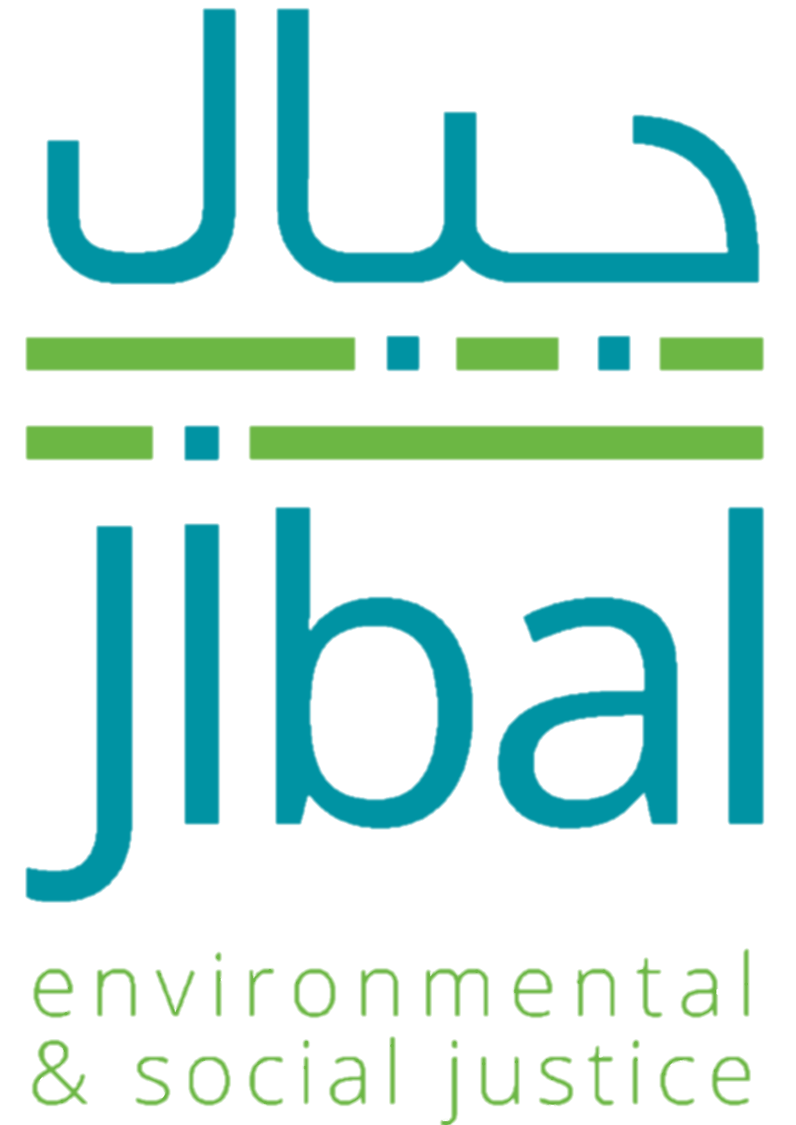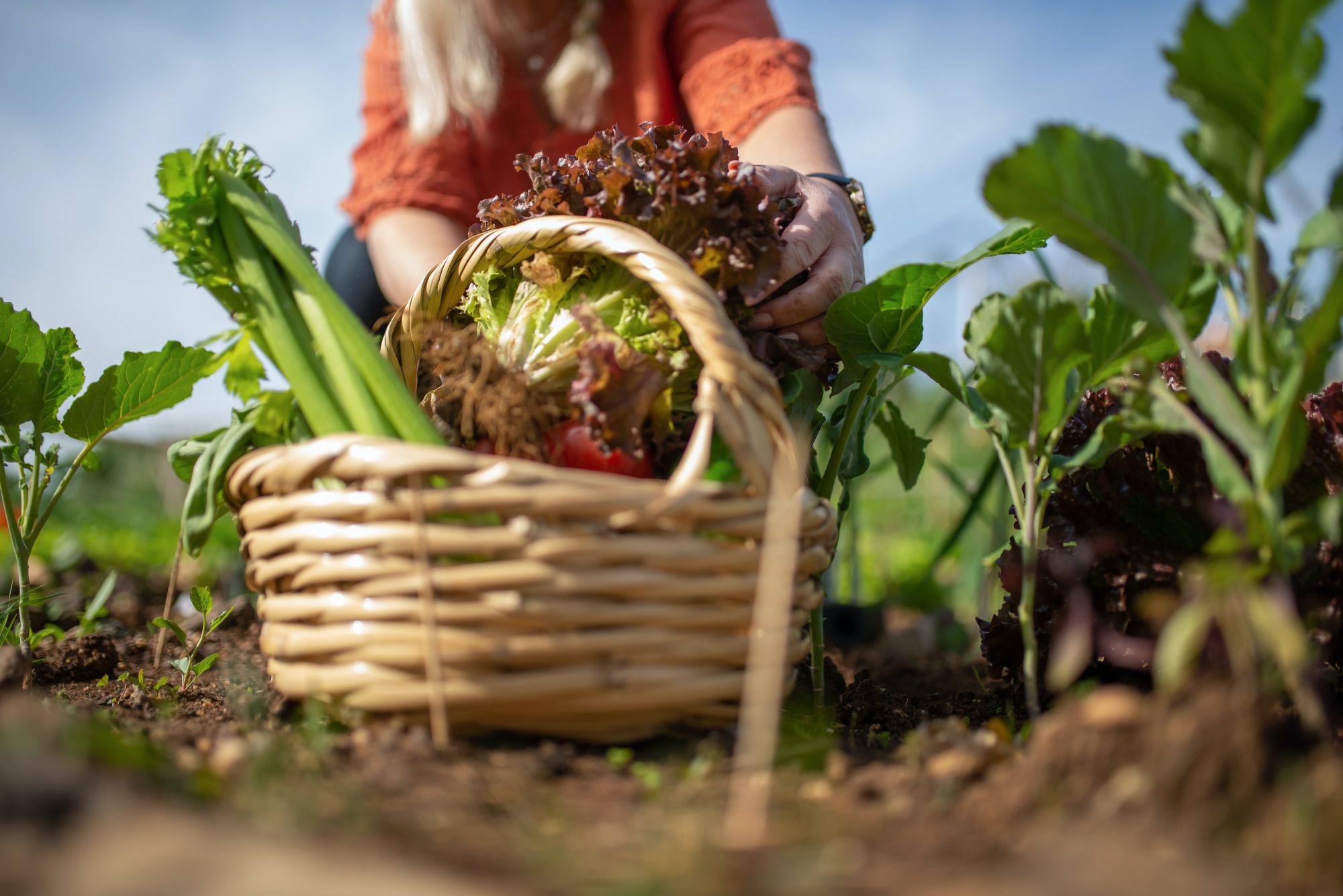Welcome to our Community-Supported Agriculture (CSA) program! Jibal is proud to have piloted an alternative socioeconomic model of growing and consuming that allows for a meaningful connection between farmers and consumers from June 16th 2023 till September 16th 2023.
We look forward to developing future CSA programs.
Fill out your information if you are interested in getting an invitation whenever another program approaches!
What is Community Supported Agriculture?
Community-supported agriculture (CSA) is a system of mutual support that connects producers and consumers by allowing the consumer to subscribe to the yield of a certain farm or group of farms. It is an alternative socioeconomic model that allows the producer and consumer to share the risks and benefits of farming.
In return for subscribing to a seasonal harvest, each subscriber receives a weekly basket of produce. This basket contains in-season fruits and vegetables, and can expand to include eggs, mouneh, and dairy products among others. In a CSA system, a relationship of trust and shared values is developed between the consumers and growers. To nurture this bond, farmers invite their customers to their farms to join a harvest or take part in open farm day events.
CSA systems have developed in many countries of the world such as France, Palestine, and in the US.
What are the Benefits of CSA?
- Receiving high quality, fresh, nutritious food weekly
- Having a direct connection to producers
- Being part of a community for a more sustainable food system
- Directly supporting farmers that are transitioning to agroecological practices. (See Below)
Why is CSA Important?
In Lebanon, like in many countries of the world, farmers face many problems, while suffering from very difficult working conditions (long hours in harsh weather conditions, no health insurance, vulnerability to climate change, diseases, etc). Small farmers often don’t have access to financial loans, leaving them in a very tense financial situation. Finally, producers often have to carry the burden of climate events they cannot control, that highly affects the production making the economic model very risky.
The core design of CSA models includes developing a cohesive consumer group that is willing to fund a whole season’s budget in order to get quality foods. This would allow:
- the farmer to have access to cash for investment at the beginning of the season to buy what is needed: seeds, seedlings, compost, tools, etc.
- the farmer to have a certain level of financial stability as he/she would have a stable income, where both producers and consumers carry the burden of climate events affecting the yield
- to build a new culture of food production where consumers are more aware of the seasonality of the products and the working conditions and context for the producers.
- bridging the gap between the needs of consumers and the capabilities of farmers.
Who are the Farmers? What is their Practice?
For this CSA pilot model, we were collaborating with three farmers from Majdal El Meouch, a town in the Chouf Region: Tony Khalil, Georges Tekle, and Rabih Saber.
They have been receiving training and coaching for the last two years to support their transition from chemical farming into more sustainable practices. They are shifting towards the use of ancestral and innovative methods that promote the efficient use of natural resources, increase soil fertility, and minimise negative environmental impacts. Transitioning from conventional farming into agroecology is a gradual and delicate process as it entails rebuilding the natural ecosystem of the land which has often been severely damaged due to previous harmful practices. In the case of these three farmers, they are progressively introducing ecological applications with the goal of eventually becoming completely free of synthetic chemicals, and sustaining their farms and their livelihoods through an agroecological system.
Participating in this alternative economic model is an effective way to support them through this transition.
A Future CSA Program
What you will be receiving?
The farmers would deliver ready-made vegetable baskets to Beirut.
What’s the period time?
The consumers are asked to commit for a period of several months to receive the weekly basket, and pay the amount at the beginning of the period.
What else does it involve?
As CSA is a system of mutual support, communication is an essential element of this pilot. Therefore, the consumers who will be registering for this program will be invited to be a part of a series of discussions with the farmers, to give feedback on the produce and discuss the logistics of the system.

